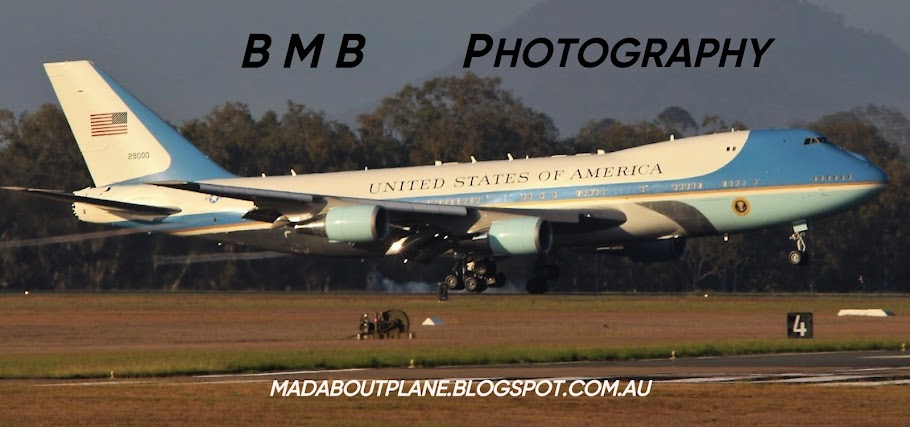Brisbane, Australia (CNN) —
A tiny insect that evaded Australia's strict biosecurity controls is multiplying and threatening plane safety at Brisbane Airport. Native to Central and South America and the Caribbean, the keyhole wasp first caused problems at the airport in 2013, when it forced an Etihad Airways A330 bound for Singapore to turn back minutes into the flight. Once on the ground, maintenance workers found the pilot's pitot tube -- the hollow instrument on the outside of the plane that measures airspeed -- was almost completely blocked by mud, according to a report from the Australian Transport Safety Bureau.
For wasps, pitot tubes are the perfect cavity in which to construct a high-speed nest -- the Etihad plane was only on the tarmac for two hours before the aborted flight. "We have anecdotal reports from ground crew at Brisbane that a plane can have arrived at the gate and within a matter of two or three minutes, a wasp will be flying around the nose of the plane having a look at the probe," said Alan House, an ecologist from Eco Logical Australia. House worked with experts from Brisbane Airport, Australian airline Qantas and the environmental consultancy Ecosure to produce one of the world's first studies on the impact of wasps on pitot tubes. Commissioned by Brisbane Airport Corporation, it was published this week in the open-access journal PLOS ONE.
Researchers say that without proper management there's a risk the wasps could travel to other Australian airports -- and even nearby countries with the right semi-tropical conditions for them to thrive.
"When we did some background research we realized that this wasn't just an inconvenience, that you just had to clean these things out and swat the wasps away; this could actually lead to major accidents," House said.
Mounted at the front of airplanes, pitot tubes perform the important task of sending information back to the cockpit about how fast air is moving through them. That indicates how fast the plane is traveling -- too slowly and there's a risk of stalling, too fast and it could malfunction in other ways.
When the pitot tubes don't work, the A330 automatically switches to manual mode, forcing the pilots to take over the controls. That's what happened with the Etihad flight, and ultimately why the pilots turned back. There have been no major incidents at Brisbane Airport due to the wasps, but accidents elsewhere have been linked to the insect.
In 2018, Australia's Civil Aviation Safety Authority (CASA) issued an alert to pilots, airlines and airports in the country about the dangers of wasp infestation. Blocked pitot tubes could cause the total loss of air speed and altitude indicators, which would be "hazardous," the bulletin warned.
CASA advised airlines to cover pitot tubes while waiting at Brisbane Airport. However, it's not mandatory, which is why blockages are still occurring. In total, 26 incidents were reported between November 2013 and April 2019, according to the Brisbane Airport study.
Wasps: another problem for aviation | CNN Travel

No comments:
Post a Comment